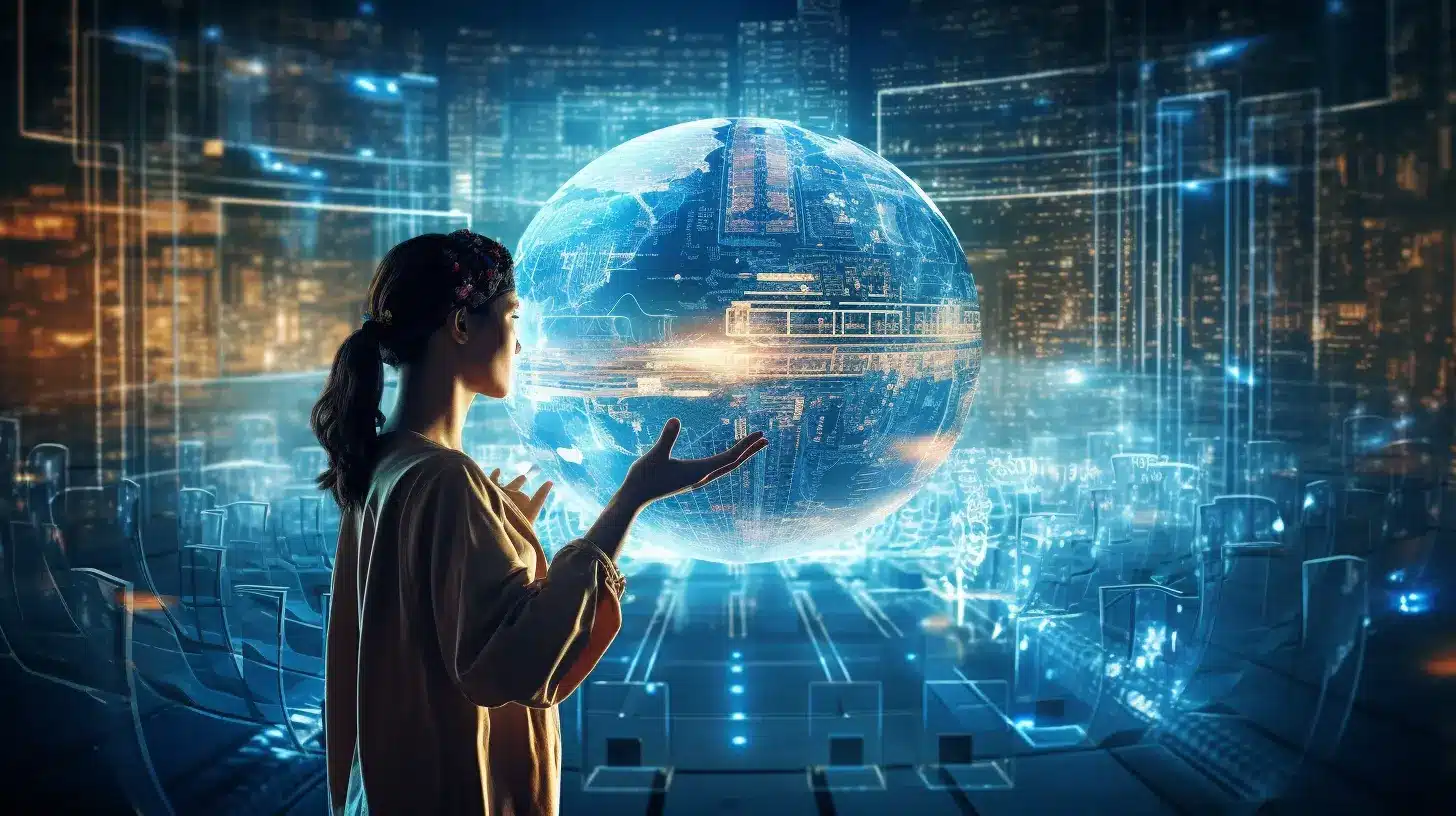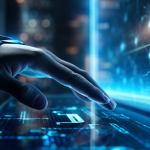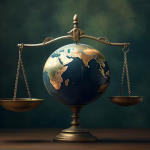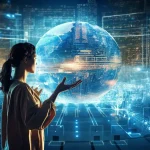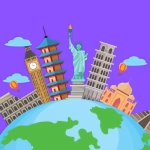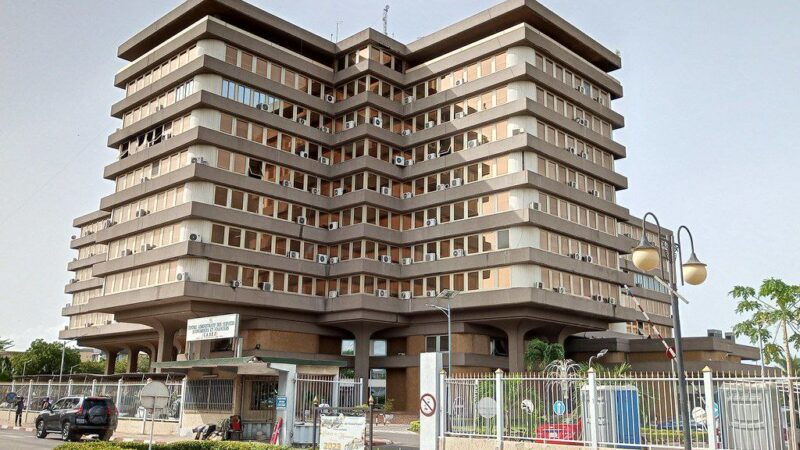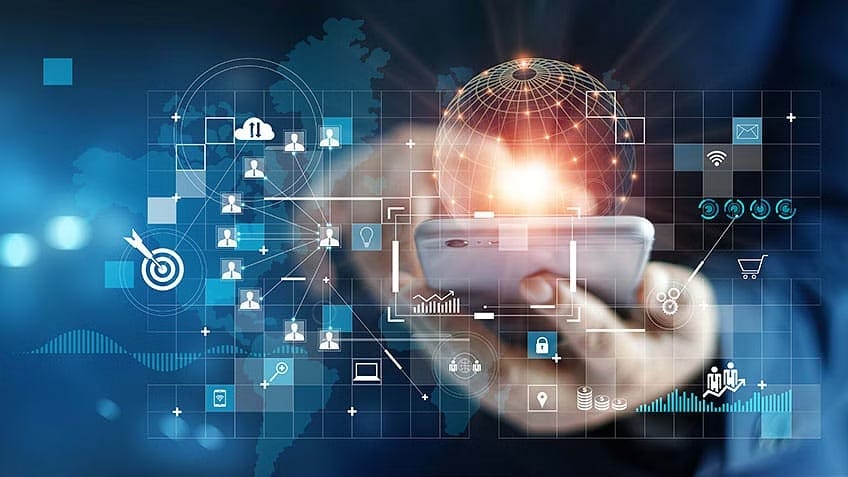Introduction
The modern era has entered a phase where technological innovation drives not only business and science but also politics, culture, and global diplomacy. Every invention, from artificial intelligence to renewable energy, now holds political and social consequences.
Celebrities, political leaders, and entrepreneurs are converging in this digital ecosystem, using technology as a tool for influence and transformation. In this climate, global conversations about freedom, privacy, and progress are being rewritten in real time.
Technology and the Politics of Control
Technology has become the most powerful instrument in governance. Governments worldwide use digital tools to manage public health, monitor economic trends, and even track social behavior. Artificial intelligence is now embedded in decision-making processes, shaping how societies function. Yet, this convenience comes at a price.
Nations are battling to define the boundaries between surveillance and safety. Political analysts warn that as algorithms become more powerful, they risk overshadowing democratic transparency. The growing debate over data ownership, censorship, and the ethics of AI regulation is set to determine how free the digital future will be.
Celebrities as the Voice of Digital Activism
In the interconnected digital world, celebrities are increasingly blurring the line between entertainment and activism. Musicians, actors, and influencers are using social platforms to support political movements, charity campaigns, and humanitarian causes.
From Taylor Swift encouraging youth voter participation to Priyanka Chopra discussing global refugee crises, celebrity activism has evolved into a form of soft power that influences both public opinion and policy decisions. Their social influence fuels awareness campaigns that traditional political systems often fail to reach. This fusion of celebrity visibility with moral messaging has made advocacy more relatable to younger, tech-savvy generations.
Innovation and the Economy of the Future
Economic growth today is defined by technological adaptation. Startups, fintech firms, and digital enterprises are reshaping employment patterns and redefining wealth. Artificial intelligence, automation, and robotics are reducing labor costs while increasing productivity, yet they also threaten traditional jobs.
Governments must now focus on reskilling citizens for digital industries and creating ethical frameworks for AI-driven markets. Meanwhile, global investors are racing toward green technologies, digital currencies, and quantum computing, signaling a shift from industrial capitalism to digital capitalism. The new economy demands not only technical knowledge but also moral clarity on how innovation should serve humanity.
Geopolitics in the Age of Technology
Technology has become a battlefield for global dominance. The race for semiconductor production, 5G networks, and cybersecurity supremacy has redefined international relations. Countries like China, the United States, and India are competing for control over the digital infrastructure that powers the global economy. The use of AI in military applications, cyber defense systems, and intelligence gathering has intensified tensions among global powers.
Yet, beyond competition lies cooperation—many nations are now forming tech alliances to share resources, build sustainable energy grids, and counter cybercrime. This new era of tech diplomacy shows that innovation is as much a weapon as it is a bridge toward collaboration.
Social Media and the Power of Narrative
Social platforms have evolved into modern instruments of influence, shaping opinions faster than traditional media ever could. Political leaders, activists, and celebrities use these platforms to communicate directly with millions. However, the unregulated spread of misinformation continues to threaten social harmony.
Online campaigns can sway elections, ignite social movements, or even destabilize governments. The balance between free speech and responsible communication has never been more fragile. Digital ethics, fact-checking, and AI moderation are becoming essential tools to protect truth in the digital age.
The Cultural Impact of Digital Fame
The internet has democratized fame, creating a new class of influencers who rival Hollywood’s biggest names. These digital celebrities wield immense power over consumer behavior and political sentiment. Platforms like YouTube, TikTok, and Instagram have transformed ordinary individuals into global icons with the ability to mobilize millions.
Yet, the mental toll of constant exposure, online harassment, and pressure to maintain public personas has become a growing concern. Society is now confronting the darker side of digital fame—a reminder that influence in the modern world comes with an emotional cost.
FAQs
How is artificial intelligence changing global politics?
AI enables data-driven governance, predictive policing, and real-time decision-making but raises serious ethical questions about surveillance and privacy.
Why do celebrities play such a big role in activism today?
With their global reach and digital presence, celebrities can amplify issues that traditional media or governments overlook, bringing faster attention to crises.
What are the biggest challenges facing the digital economy?
The major challenges include job displacement due to automation, the digital divide, cybersecurity threats, and the ethical governance of AI-based industries.
How does technology influence international relations?
It fuels global competition over digital dominance while also encouraging cooperation through shared innovation and security initiatives.
What can be done to protect digital truth and privacy?
Encouraging digital literacy, transparent regulations, and global collaboration can help balance innovation with accountability and trust.
Conclusion
Technology has become the defining language of progress, shaping not only how nations grow but how people connect, communicate, and influence one another. The merging of political authority, celebrity influence, and digital innovation has created a world where every action resonates across borders. Power is no longer confined to parliaments or studios—it now thrives within networks, screens, and algorithms that touch every corner of human life.
As the digital frontier expands, the challenge ahead is ensuring that progress remains ethical and inclusive. Humanity must learn to wield innovation not as a weapon of division but as a bridge of understanding. The future belongs to those who can merge intelligence with empathy, technology with mo



